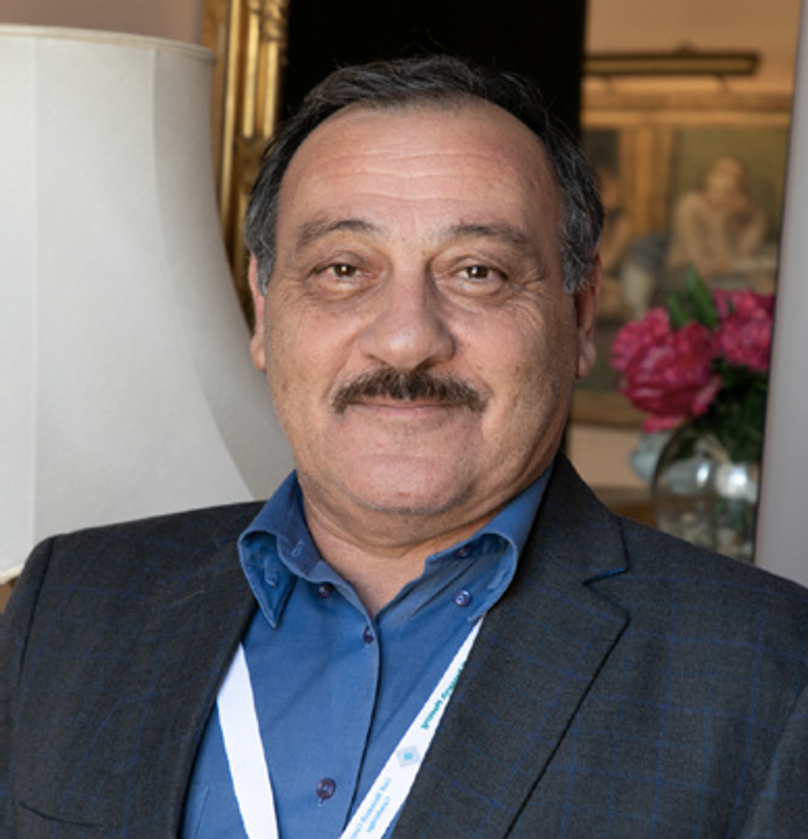Arab Gulf countries have a long and complex relationship with Iraq, which borders Saudi Arabia and Kuwait. In the backdrop of the announced military defeat of ISIS in Iraq, the country is scheduled to hold elections in 2018 which could significantly influence the future of Iraq-GCC relations. This workshop will bring together scholars to assess the future of Iraq in relation to Arab Gulf states. The issues to be addressed include relations with the Kurdish Regional Government, rebuilding areas once occupied by ISIS, the fight against the violent extremism, the role of Iranian-backed militias in the Iraqi Security Forces, Iraq’s role in OPEC and the potential for increasing political ties between Iraq and Gulf States. Iraq has been at the heart of the rivalry between Iran and Saudi Arabia for decades. Iraqi-Arab Gulf relations will shape the future security and economic development of the region.
3 DAYS / 12 Workshops
MORE THAN 300 ACADEMIC PAPERS
This workshop will be devoted to analysis of Arab Gulf states relations with Iraq. There
is a long history of political, social, military and economic relations between Iraq and
Arab Gulf states. The Iran-Iraq war, the Iraqi invasion of Kuwait, the US invasion of Iraq
and subsequent Iranian infiltration of Iraq and the ISIS takeover of nearly half of Iraq’s
territory starting in 2014 have defined Iraq-Gulf relations. But with the military defeat of
ISIS, the election of Donald Trump as US president, the ascension of Saudi Crown Prince
Mohammed Bin Salman, and the resilience of the dynamic Iraqi political scene have
opened a new chapter to Iraq-Gulf relations that requires fresh analysis due to the
changing environment. The main objective of this workshop is to bring together a range
of regional scholars to assess and analyze the relevant factors for political and economic
stability in Iraq and its future relations with Gulf States. The future of Gulf States will be
determined by its relations with Iraq more than any other regional country.
A number of factors are shaping a new chapter in Iraq-Gulf relations. First is the recent
rapprochement between Iraqi political leaders and Gulf leaders. This includes the 2015
reopening of the Saudi embassy in Iraq after 25 years of being closed, visits of Prime
Minister (PM) Haider al-Abadi to Saudi Arabia, Kuwait, and the UAE in June and
October 2017, the visit of Saudi Foreign Minister Adel al-Jubeir to Baghdad in February
2017 (the first visit by a Saudi Foreign Minister to Iraq since 1990), the visit of Shiite
leader Muqtada al-Sadr to Gulf states in the summer of 2017, and the establishment of
the Saudi-Iraq coordination council.
Second is the increasing role of Iranian-backed militias in Iraq’s security force structure
and their role in the military defeat of ISIS and the retaking of Kirkuk and disputed areas
from Kurdish Peshmerga forces in October 2017. The Hashid al-Shaabi, or Popular
Mobilization Forces (PMF), was created in 2014 with the strong backing of the Shiite
religious establishment to confront the spread of ISIS forces and were used in the fight to
retake areas occupied by ISIS until November 2017. While not all PMF units are Shiite or
Iranian-backed—for example, PMF units in Anbar, a majority Sunni province, are led by
local Sunni Arab commanders—there is an increasing infiltration of Shiite militias
associated with PMF into Sunnis areas. Perceptions of Iranian infiltration in Sunni areas
increase distrust of Sunni populations of the Iraqi Security Forces and Sunni Arab’s
attachment to the national identity. Iranian infiltration into Iraq’s security structure, and
in particular into Sunni areas, will affect Gulf states’ propensity to deepen its relationship
with the Iraqi government, similar to Gulf states’ complex relationship with the Lebanese
3
government, where an Iranian-backed militia is also an essential player in the
government’s strategic policy making.
A third factor shaping the new chapter of Iraq-Gulf relations is economic ties, in
particular oil production and investment. Iraq is expected to produce up to 5 million
barrels of oil per day by the end of 2017. This is a significant share of oil produced in
OPEC and it is expected to continue to rise. The Saudi Minister of Oil gave a rare public
speech in Baghdad in October 2017 extolling the developing economic ties between Iraq
and Saudi Arabia. Saudi-Iraqi cooperation in oil production will be the pillar of stability
in oil markets, as they are the two largest oil producers in OPEC and hold its largest oil
reserves in the region.
A fourth factor shaping a new chapter in Iraq-Gulf relations is a recent push to deemphasize sectarian differences, increase religious dialogue and promote moderation.
Whether this new effort will influence social and political ties remains to be seen,
however the recent visits of Iraqi religious leaders to Arab Gulf states and statements
made by Arab Gulf state and Iraqi officials provide encouragement that a long-awaited
rapprochement between GCC countries, in particular Saudi Arabia, and Iraq could
materialize.
